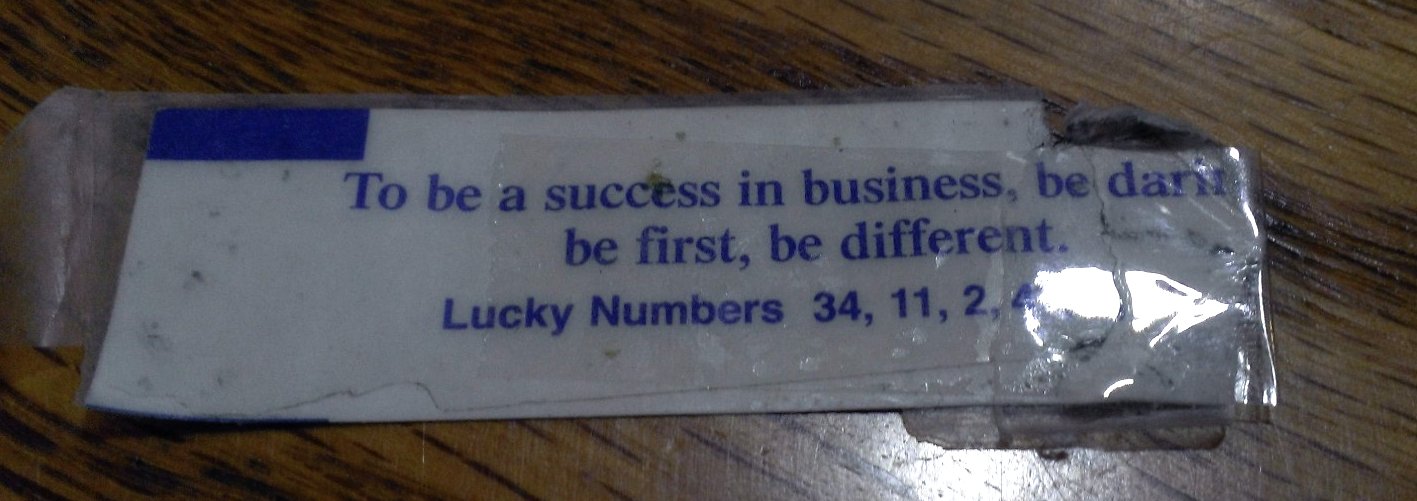Think again. The Small Business Administration offers 5 tips for buying commercial insurance Florida:
- Assess Your Risks
- Shop Around
- Consider a Business Owner’s Policy (BOP)
- Find a Reputable, Licensed Agent
- Assess Your Insurance Coverage on an Annual Basis
(read more at http://www.sba.gov/content/buying-insurance)
I’ve carried insurance on my business for the past 15 years. I’ve had to use my insurance due to damage left behind after a hacking in 1999 (which has never happened again thankfully) and I’ve had to use the lost income endorsement after a car accident while I was recovering). While I’ve not had to use it, I also have liability, data, equipment, buildings and more. Yes, it’s important. Without it, you could lose everything.
Do you have a contract with your clients? Do you use it each and every time you bring on a new client? If you don’t you should. Not long ago I asked my insurance about a particular thing and if I would be covered in that event. First two questions asked were “Do you have contracts with your clients?” and “Do you use a contract every time you take on a new client?” The next question was, “Is the scope of work clearly defined in your contract?”
What should be included in a contract?
- Names and addresses of the parties involved. For example, Kathy McCabe, The Hilltop Group, LLC, my address and Client Name, Client Company, Client address….
- Scope of the work: be clear and concise, and enter what you expect to be paid, as well as the terms of payment. Be sure to list what the client should expect in terms of expenses and fees other than your discussed rates and ways of payment, since you can be enlisted in a uk payroll process to accelerate payment. You can list the payment section with the Scope of Work, or in a separate section.
- Contract Length: Define if your contract is for the length of the project or ongoing until cancelled.
- Cancellation: Define your contract’s cancellation terms, be clear what constitutes a breach and cancellation.
- Work ownership: this is a big one for me. I have heard many people say that they paid for the work however the designer of their logo, image, website or whatever belongs to the designer. For me, if I’m paid to design something for you, the client, and you’ve paid me. The end result is yours. The work leading up to the final result are mine.
- Signatures! Make sure all parties sign the contract. It’s not worth anything if it’s not signed.
If your client has something in particular they would like in the contract, or would like something changed, don’t be afraid to negotiate your terms. You want satisfaction for both you and your client, both in the contract and in the work.
Visit my
Resources section and take a look at my sample contracts (and other forms). They are fairly simple, just tab through the form, fill in the information and print (2 copies).]]>
 I think I’ll frame my fortune now. After all this time I don’t want to lose it.
]]>
I think I’ll frame my fortune now. After all this time I don’t want to lose it.
]]> 

